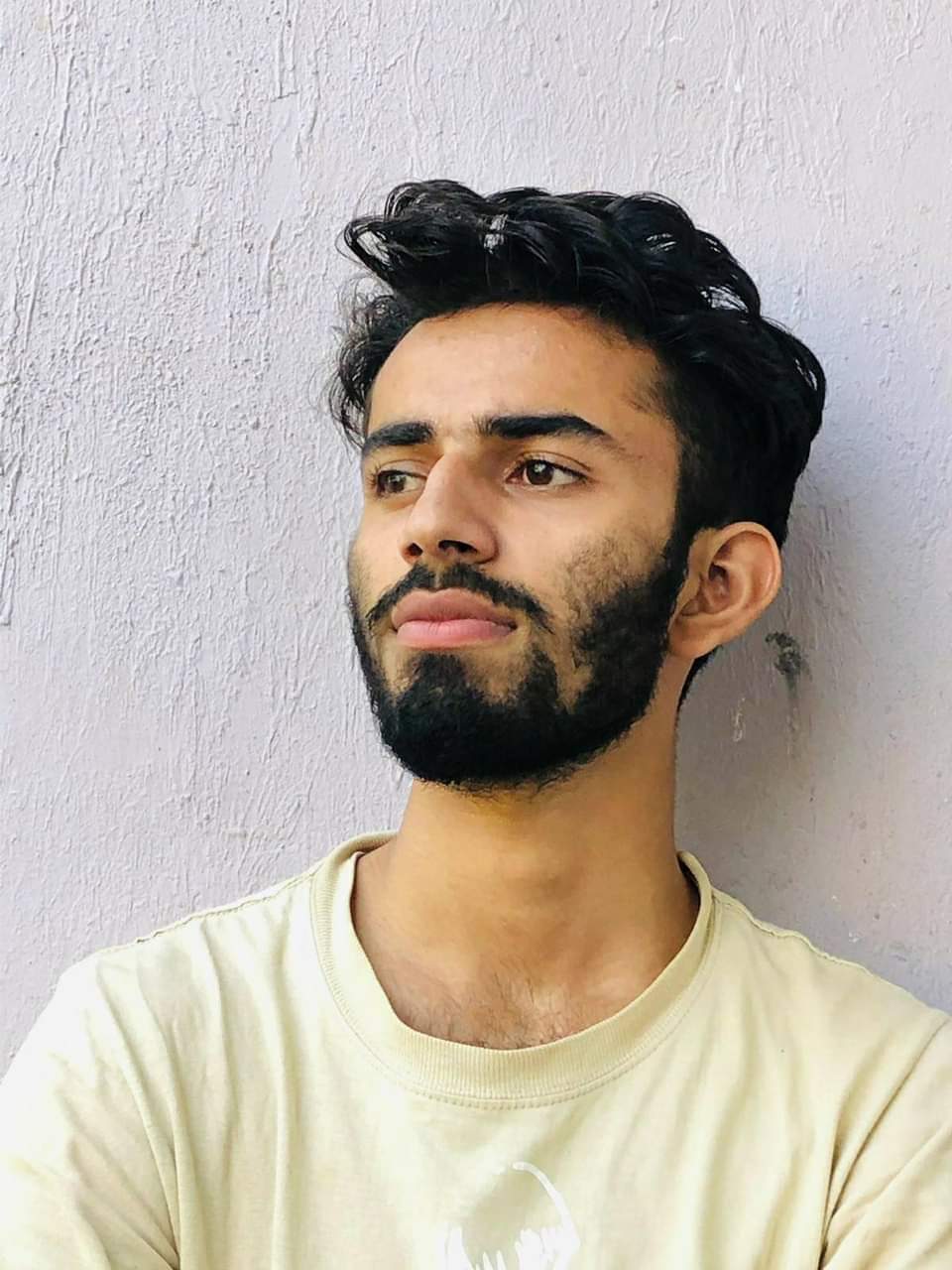Fiction Park
The burden of a degree
The more classes I attend, the more I feel out of place, like living in a village where the language feels foreign.
Sugam Gautam
The first thing I hear in the morning is an annoying shrill on my phone. Then something more unpleasant—my yawns and curses—takes over as I straighten up, rubbing my eyes. The alarm is always set for four in the morning, and each day, by 4:03, I’m staring at myself in the mirror above my bathroom sink. My hair is always messy, and I try to coif it with my right hand as my mind speculates about the day ahead—the jogging to the bus stop, a senior lady already there, anxiously looking at the watch tethered to her slender wrist. And then, a tiresome trip along the bumpy roads, exacerbated by the gossiping of ostentatious girls—four of them—who I have grown to dislike without even interacting much.
Things get worse when I step into the classroom with distraught, attentive faces and eyes fixated on the all-knowing professors. Everyone in the classroom finds the professor charismatic and magical. I rip out their faces in my imagination, and in stark contrast to others, I spot an arrogant layer on the inside. I decide to loathe their aura, their movements, and their confidence.
The more classes I attend, the more I feel I don’t fit in. It’s like migrating to a village where people speak a language alien to your consciousness. Words are said and even grasped as wisdom, which the students discern as a means to earn in the future. I doubt the process, the veins in my body refusing to pump the blood of optimism. And I think people view it as my problem if they ever take a moment to look over my wayward ways.
By now, everyone has assumingly figured out that I hate socialising, and the urge to isolate has only grown with time, with me knowing that I am imbued with servile souls who have a thing for grovelling. The professors are looked upon as demigods, and between my classes, I imagine each of the students bowing submissively in front of the chair, begging for more internal marks so that the aggregate marks soar closer to the total.
An old friend of mine, who has been sitting beside me from the start of classes, is probably sick of my attitude to not get along with others. I’m sure he if not others, reads the crease between my brows when someone invites us to a birthday celebration after the end of the class. He knows how much I hate to tag along with him to those parties, and if it weren’t for the situation, I would not be clapping and singing stupid birthday songs, pretending to like my classmates. I imagine that sometimes he would be happier to sit with someone else in the classroom; sometimes, I wonder if he wishes I were not studying in the same class at all. But he is an old friend, and I suppose we understand each other better than others do.
Of course, we are not without differences—he loves going to the university, even if it means riding a bike for 30 minutes in the biting cold, and I, on the other hand, scrunch my nose on weekdays, anticipating a Saturday morning. There are days I knowingly miss boarding the bus, my gaze lingering on the back of the long, white bus, my soul happy to let it go, excited about the prospect of reading a novel stashed in my backpack. The next day, when my friend asked why I hadn’t come the previous day, I would come up with some lame answers and by the looks on my face, he would gather that I had spent my previous day at a roadside cafe, reading and perhaps writing.
When we both joined the course at the university, we were equally unsure of why we were doing it. The move we made was arbitrary, perhaps the reputation of the degree luring us. And both of us, being the only sons in our respective families, had tenuous chances of being sent abroad. That’s how we ended up at the university, and though I knew it would not be a cruise, I had very few options. At that time, I found it the best of all options, and now I have started admitting that making the wrong decision is not new to me.
I say, "Two more years, and I’ll be done with the university." The thought is fascinating, even tempting. But when someone asks what’s after the university, worries wash over me, numbing my mind. There’s still a long way until the day I graduate, and it’s too early to make plans about the future. I need to set the goals daily, month by month, keeping things simple.
November mornings are already quite chilly. By December, I'll have dug out all my sweaters from the cupboard to protect myself from the illnesses the cold tends to bring. Meanwhile, a professor I can't stand will likely scold me for skipping class presentations. A week ago, when she entered the class and introduced herself, something in her gravelly voice unsettled me. Her acts, her high-pitched voice, and how she wore her sari didn’t look natural to me. She looked like someone who brags about herself, claiming to be modest. I wonder if there’s a mask on her face, and if I touch it, the thin object would evaporate, finally betraying her actual face. She’s acting, I concluded on the first day of class.
My favourite professor is a young one who keeps to himself and doesn’t engage much with students, and I wish there were more like him. He neither asks anyone their names nor points out his fingers to ask questions. He is certainly the best in the business. A smile always plays on his lips, and his calm demeanour is something I think others should learn too. There will be new professors teaching me in the upcoming trimesters, and if I had my way, I would hire that cool-headed professor for all the subjects.
Like every other morning, I wake up on the dot at 4, wolf down some cereal, and wash it with bland coffee before heading towards the bus stop. On the way, I come across early joggers—some rotund figures, others skinny, perhaps making rounds to maintain their health. Not a single pair of eyes meets mine, and it feels as though I’m insignificant or, worse, invisible. As I pierce through the chilling air, a thought crosses my mind: it would be thrilling if I were invisible but could still peer at others, inspecting their moves with my critical gaze. I want to laugh at the idea, but I fear I’ll attract the attention of a young lady on the other side of the narrow lane. Unlike others, she tilts her head in my direction, and I size her up in the dark. How many strangers do we come across daily? Why do we even make eye contact? A human is a strange creature who, forgetting everything for a few seconds, zeros in on strangers, never to be seen again.
When I reach the bus stop, the senior girl is already standing on the sidewalk, determined to climb the bus that ferries her to her dreamland, a place that supposedly will make her dreams come true. The day I first saw her at the bus stop, waiting for the bus, I was struck by her eagerness and her hunger to reach class on time. And then there’s me, intentionally walking slowly some days, hoping to miss the bus so I can indulge in novels.
The only time I talked to her, she was gentle and considerate, and surprisingly, she didn’t even talk about her studies. She was all ears when I explained my passion for reading and writing. A few rounds of smiles, a slight nod of the head—that’s all. I don’t remember talking to her after that exchange. She always occupies the same seat in the front row on the bus and hardly talks to anyone except for a girl beside her. If there’s anyone I’d like to befriend, it’s her, but she doesn’t always cross my mind. It’s just that I like her because I think she is what I call a good lady.
The darkness is gone, and more vehicles ply the road, but the bus that ferries us to the university hasn’t arrived yet. The kind girl is prancing around, even kicking a stone, the phone attached to her right ear. The bus should have been here 20 minutes ago, but for some reason, it isn’t here yet. A few minutes later, she walks towards me and, in her musical voice, says, “Someone in power has died, and the government has declared a national holiday.” She says this as she walks, her smell leaving a fleeting sensation. I wanted to ask her for coffee, but I dropped the idea because she hated that there were no classes today. On the other hand, I’m dancing with joy at the thought of a day filled with novels and stories.
Gautam is a writer from Pokhara.




 21.12°C Kathmandu
21.12°C Kathmandu










